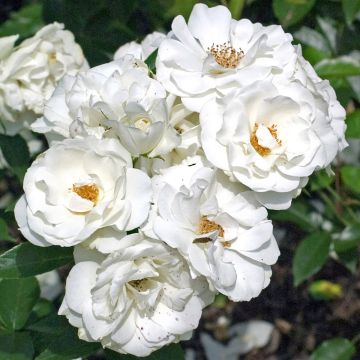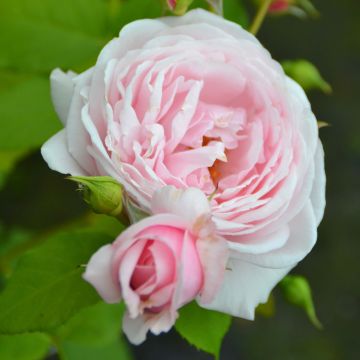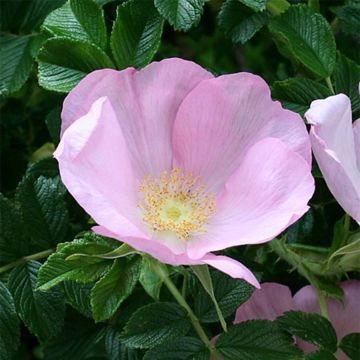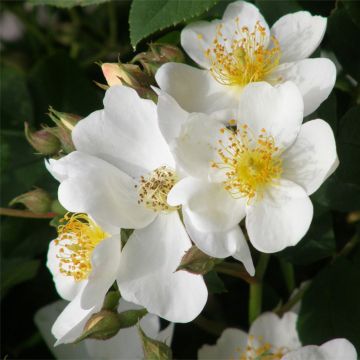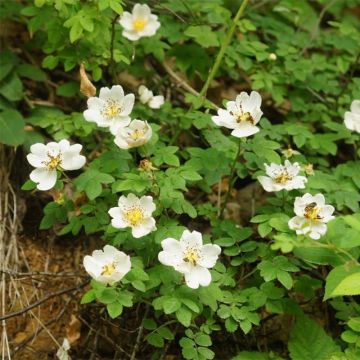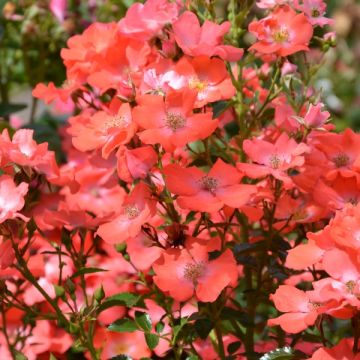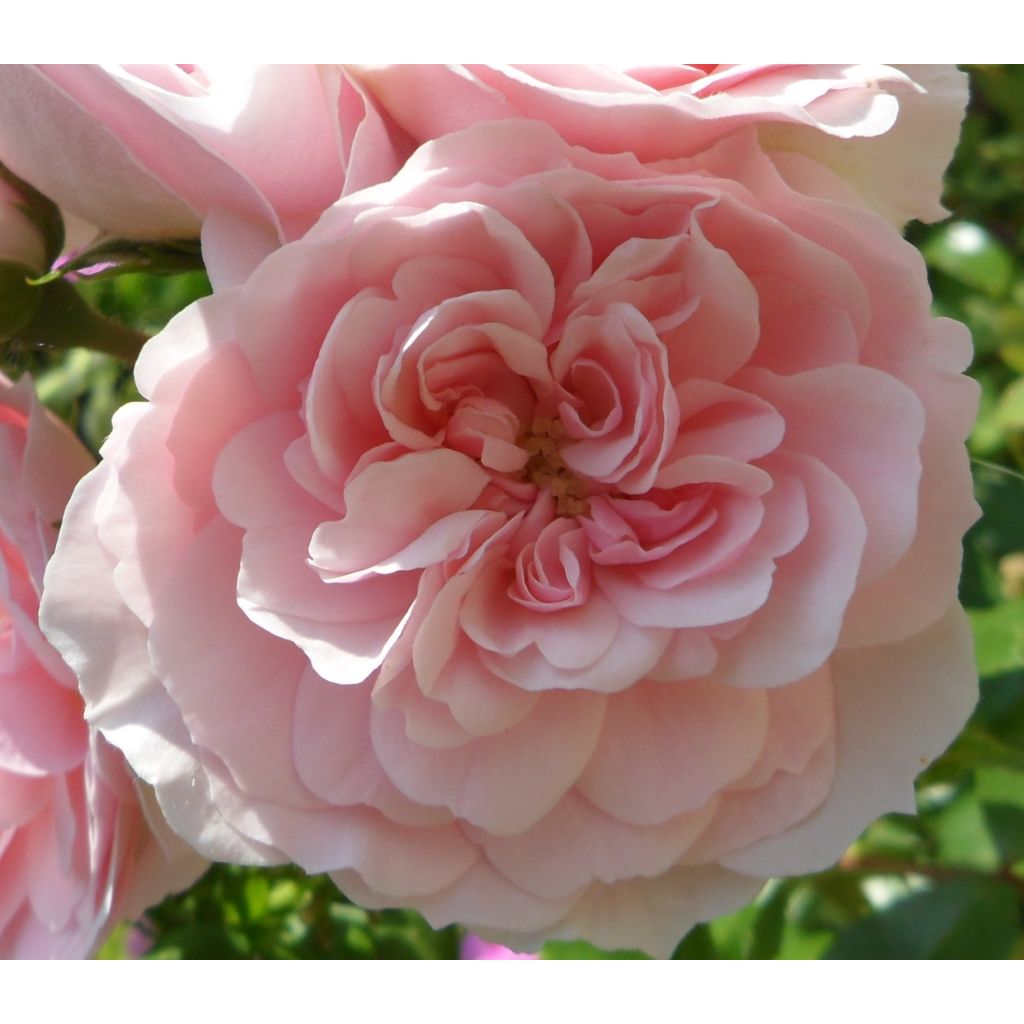

Rosa Bonica
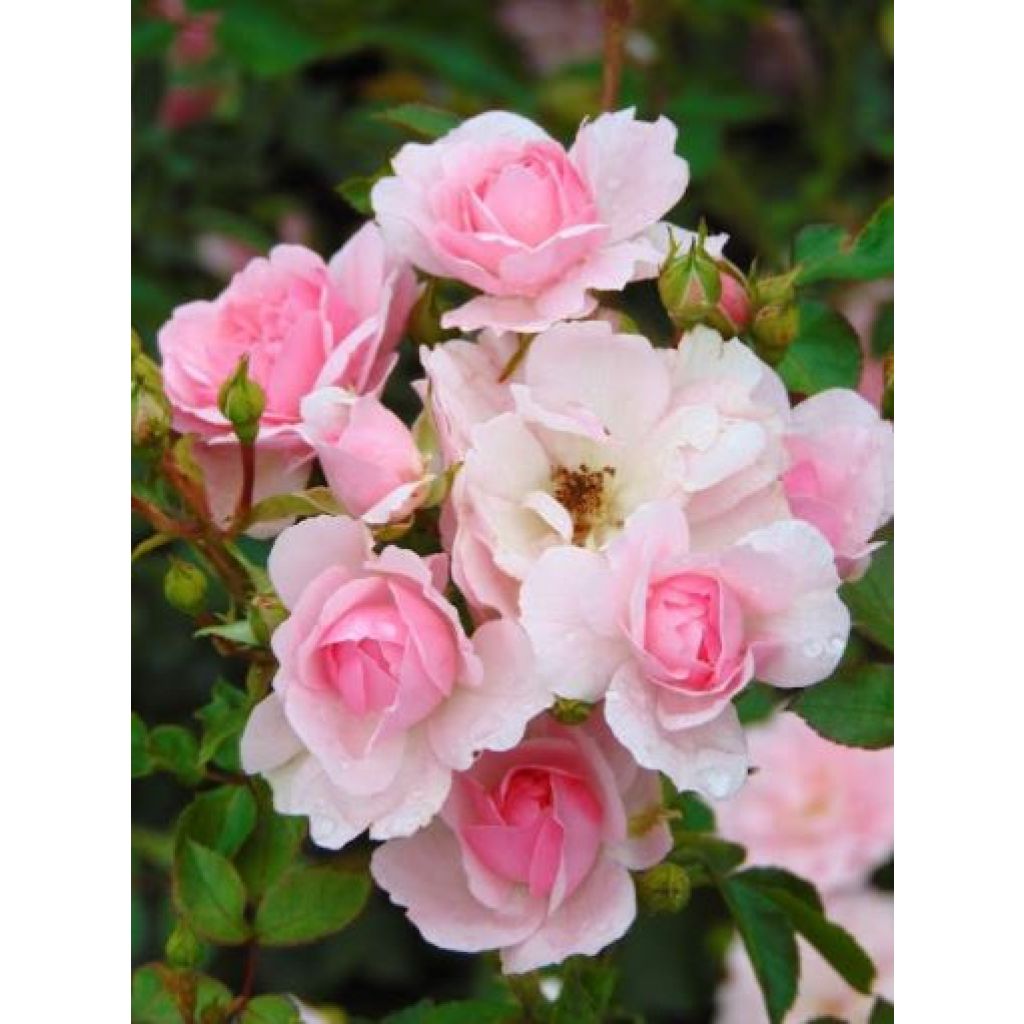

Rosa Bonica
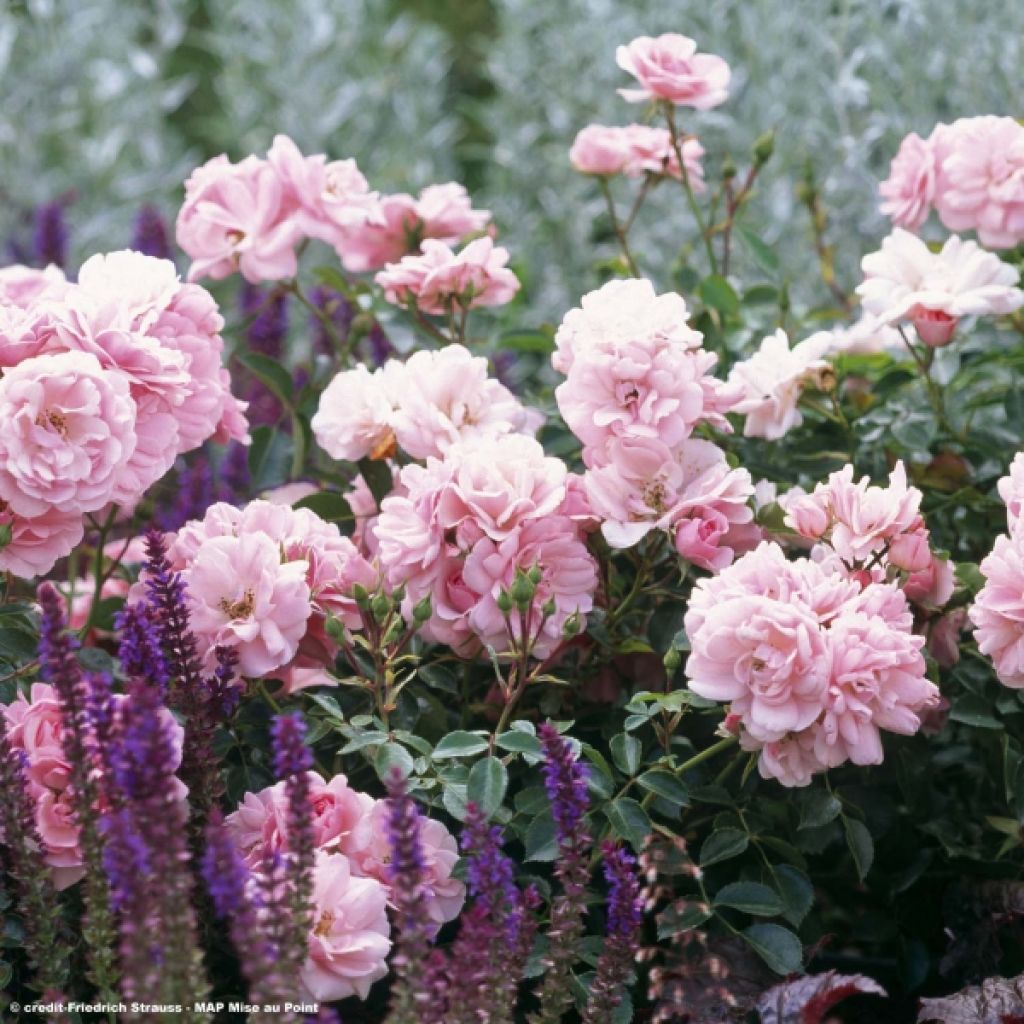

Rosa Bonica
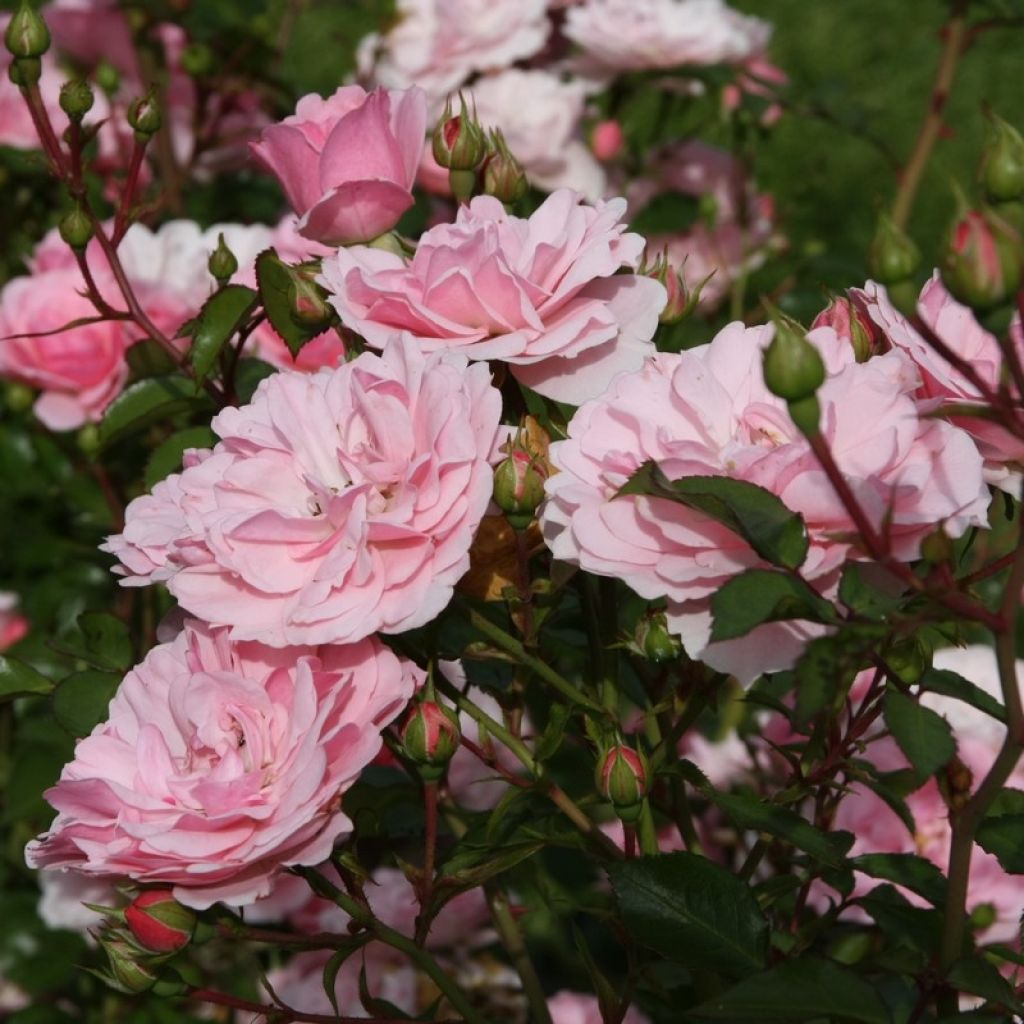

Rosa Bonica
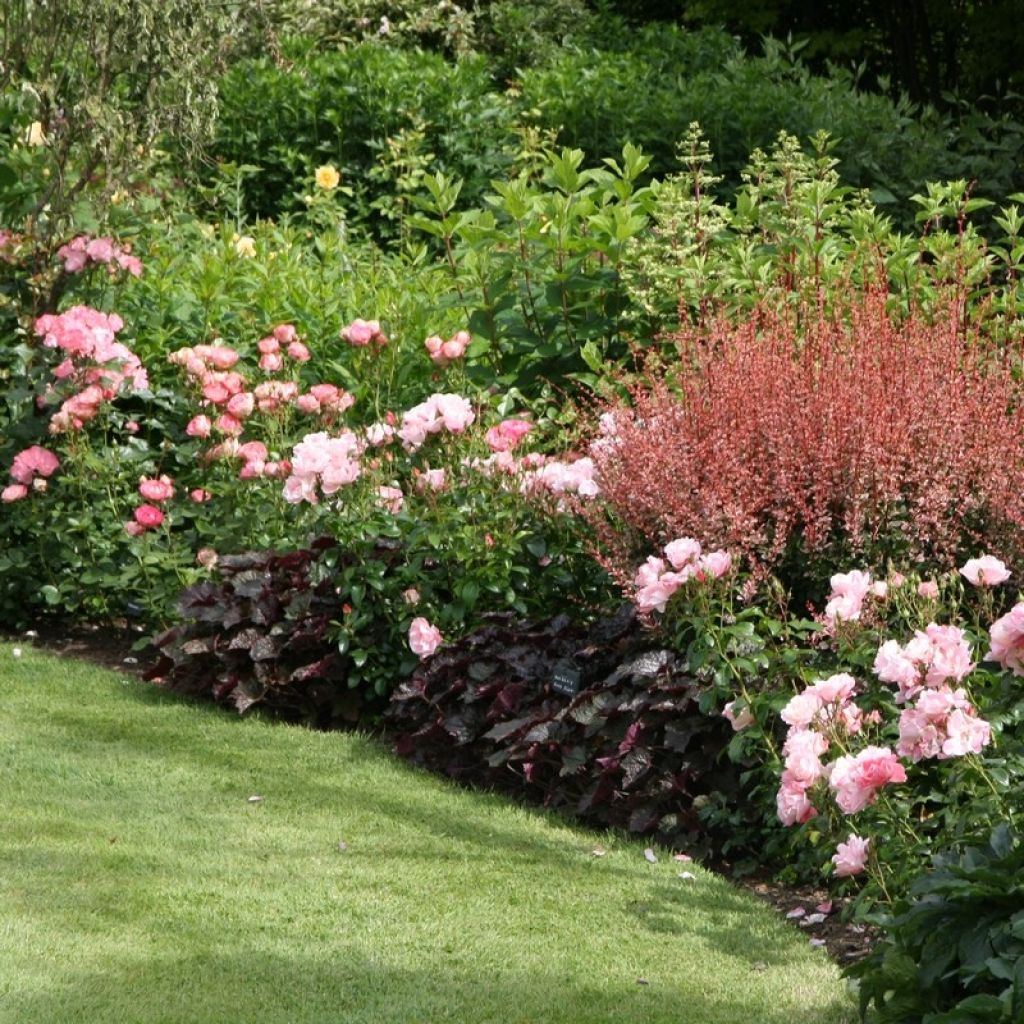

Rosa Bonica
View more pictures
Hide images
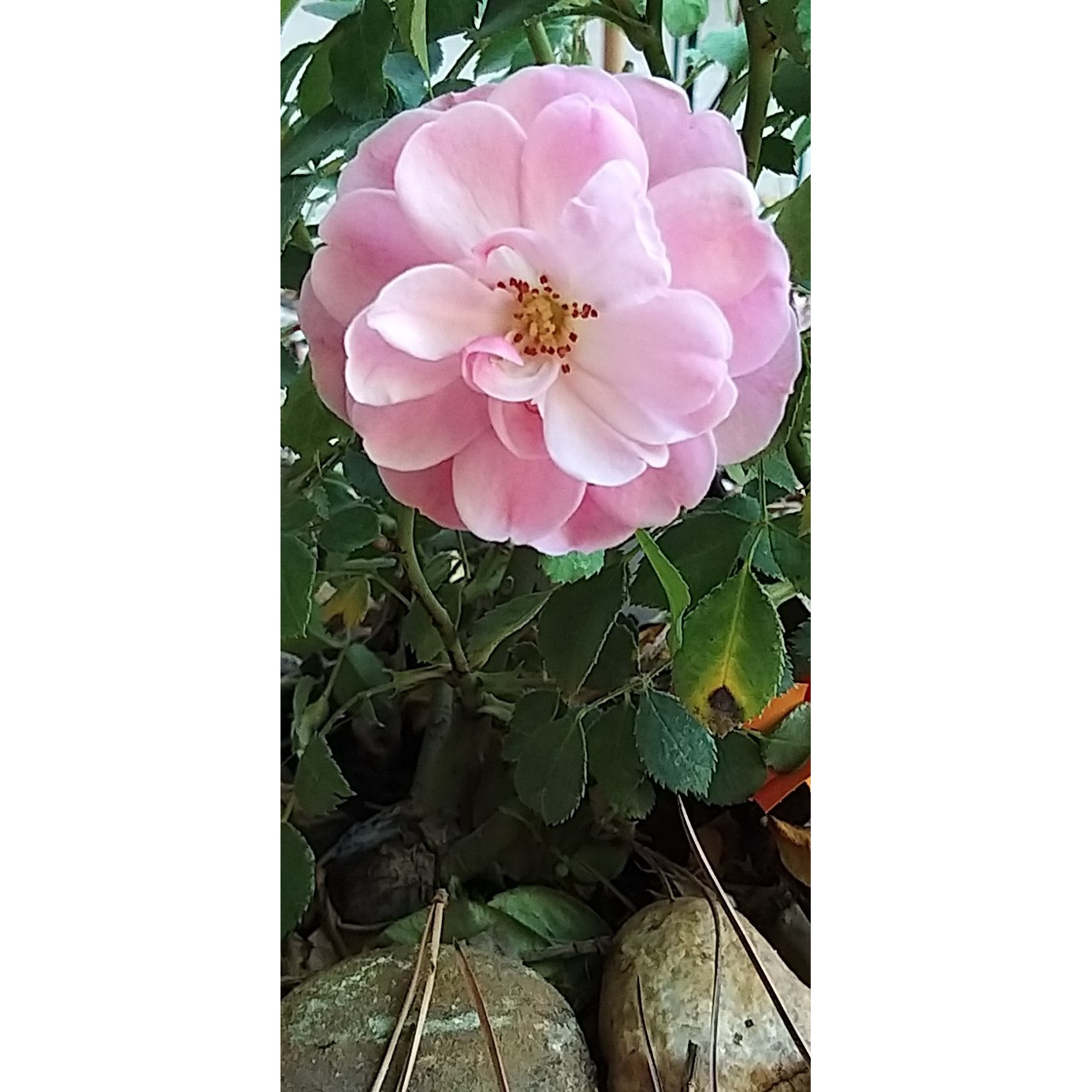
Thierry P.

August flowering - image 12 - Light and pleasant scent of wild rose.
Thierry P. • 84 FR
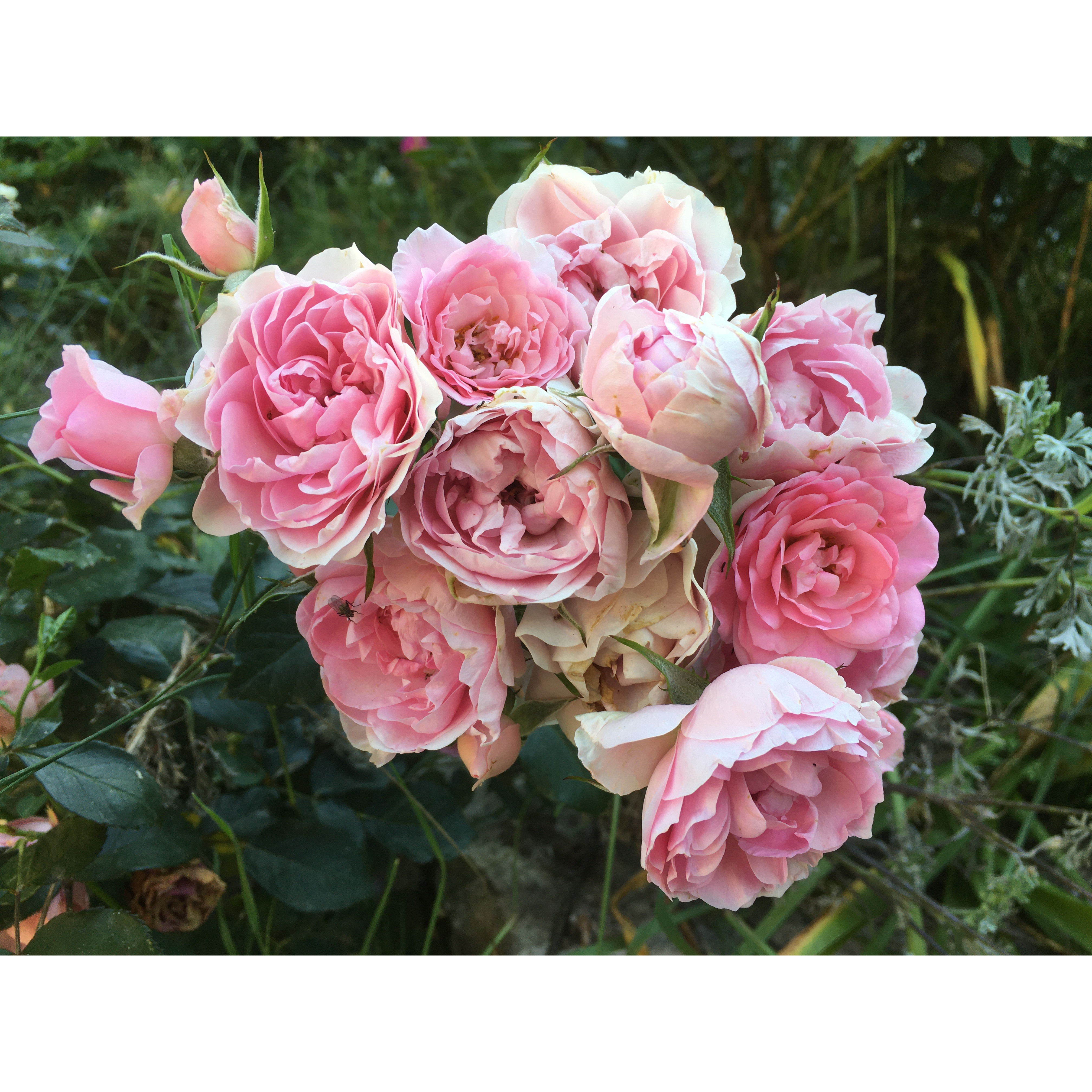
Sandrine C.

Sandrine C. • 84 FR
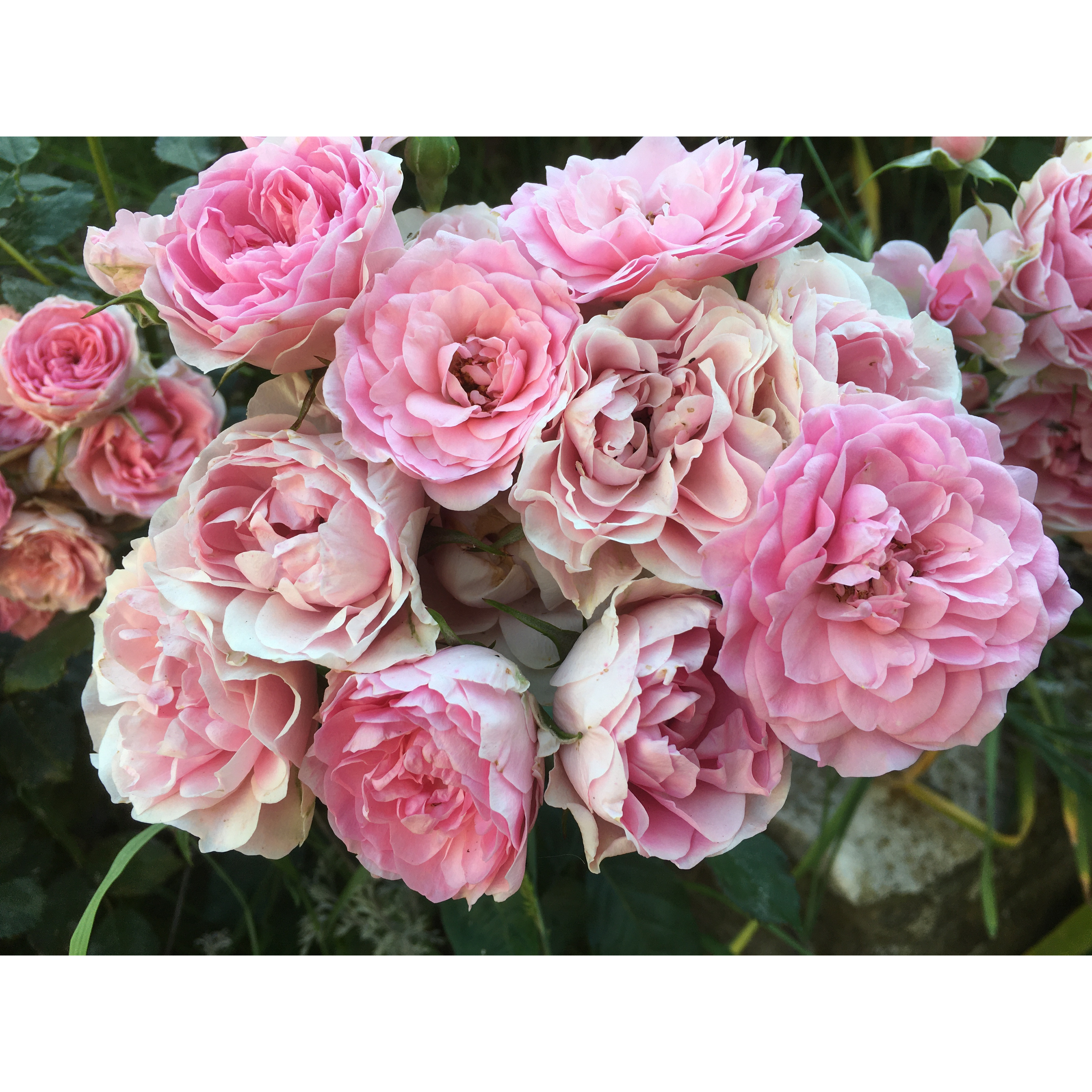
Sandrine C.

Sandrine C. • 84 FR
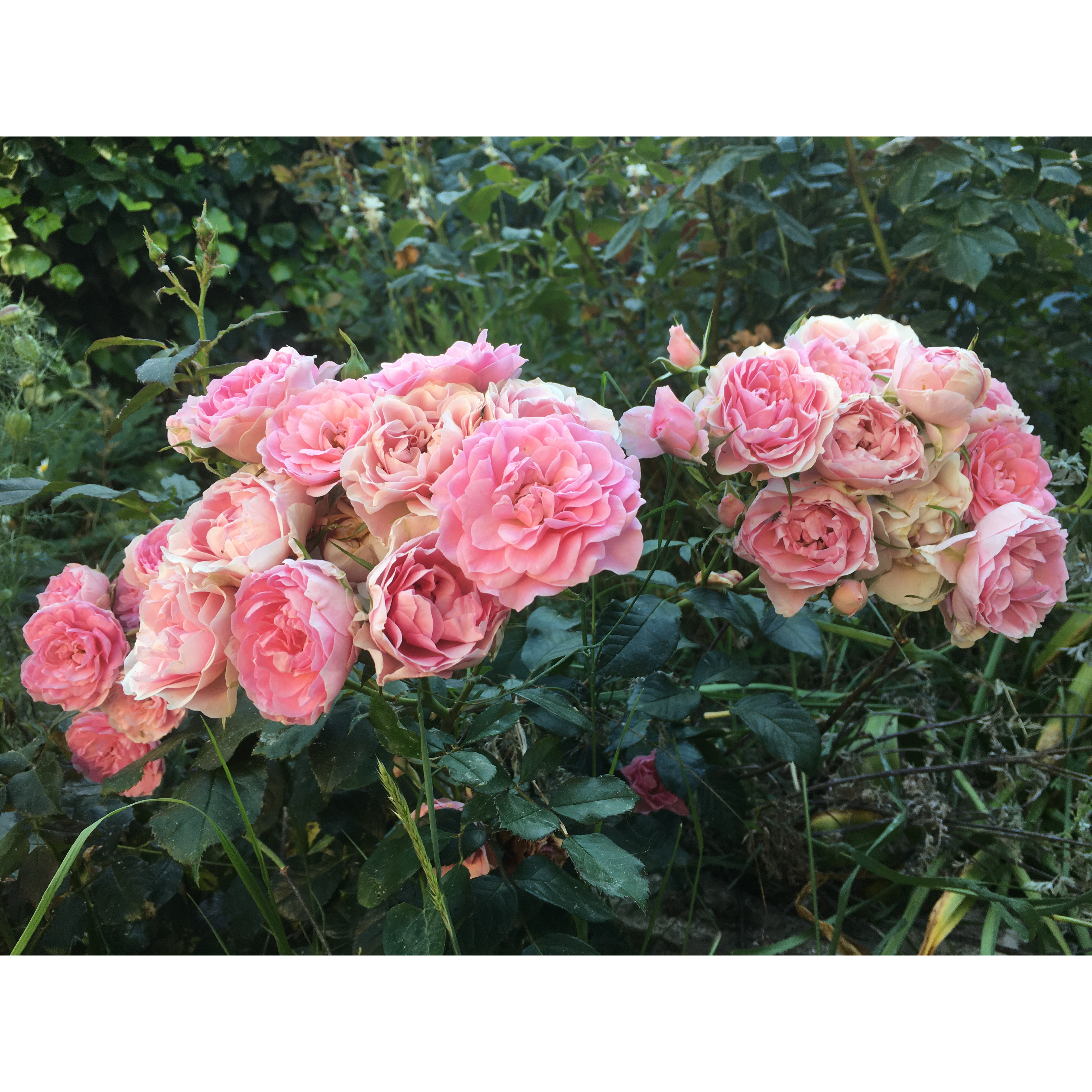
Sandrine C.

Thank you for introducing me to this rose bush that I absolutely love (Avignon).
Sandrine C. • 84 FR
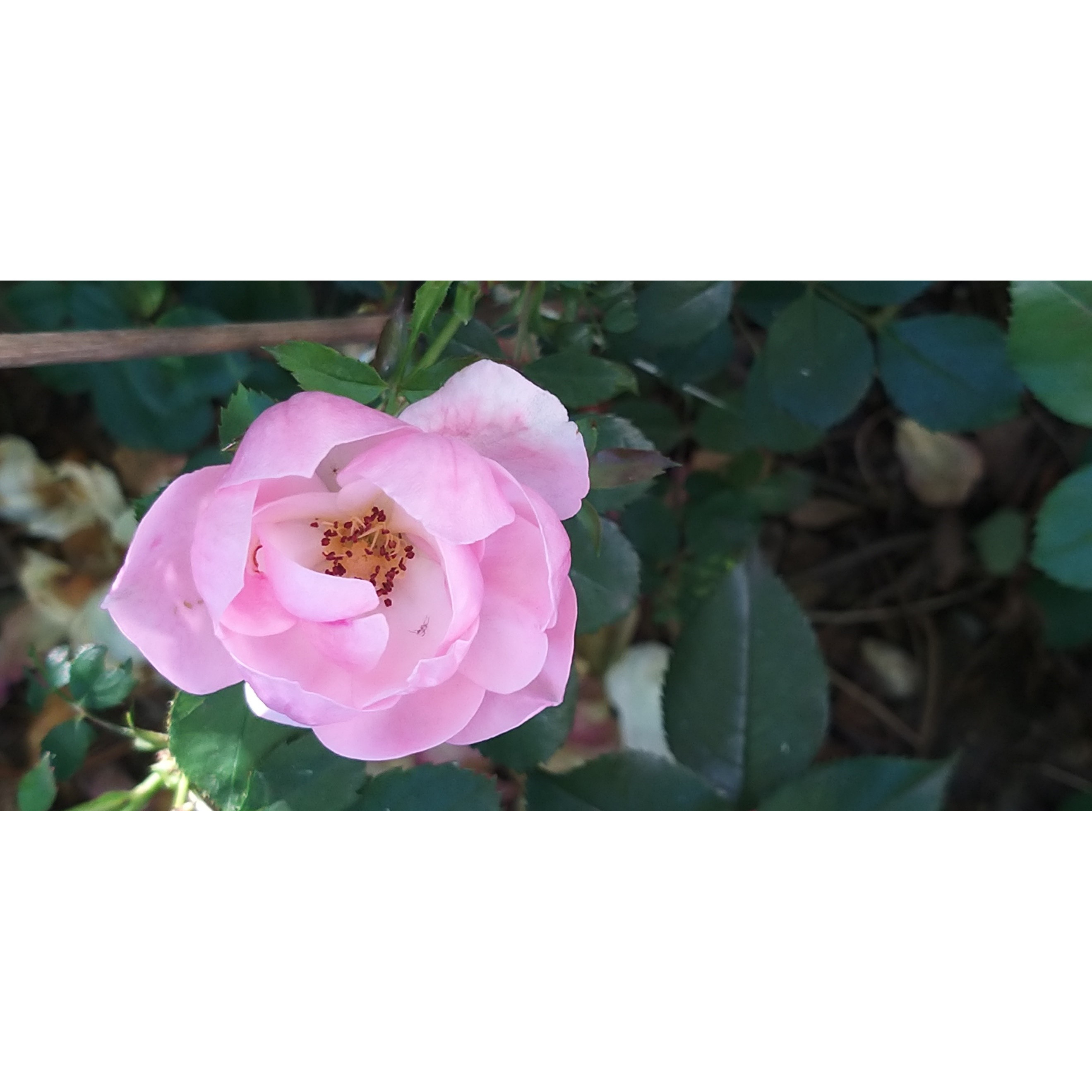
Thierry P.

May flowering - image 8
Thierry P. • 84 FR
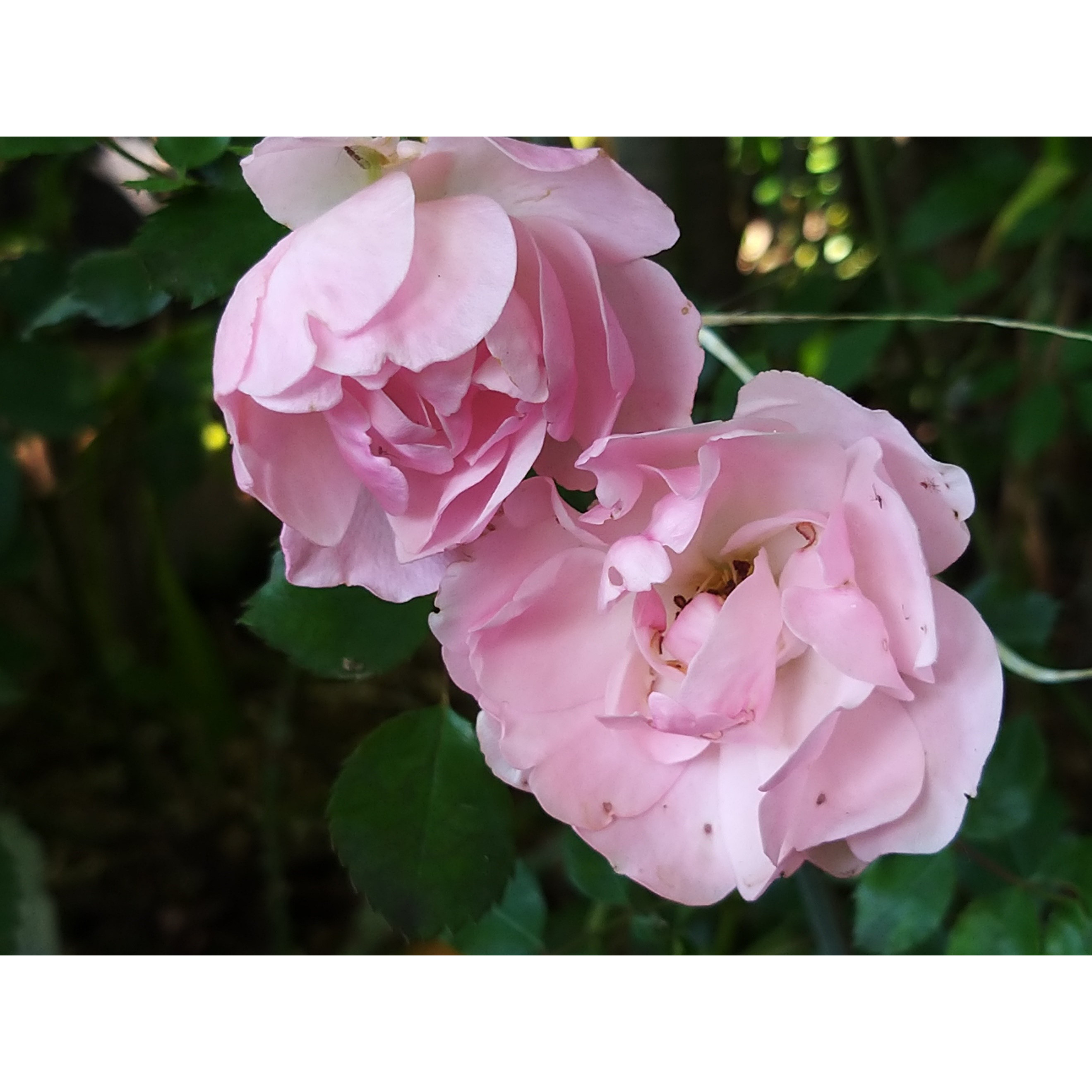
Thierry P.

May flowering - image 7
Thierry P. • 84 FR
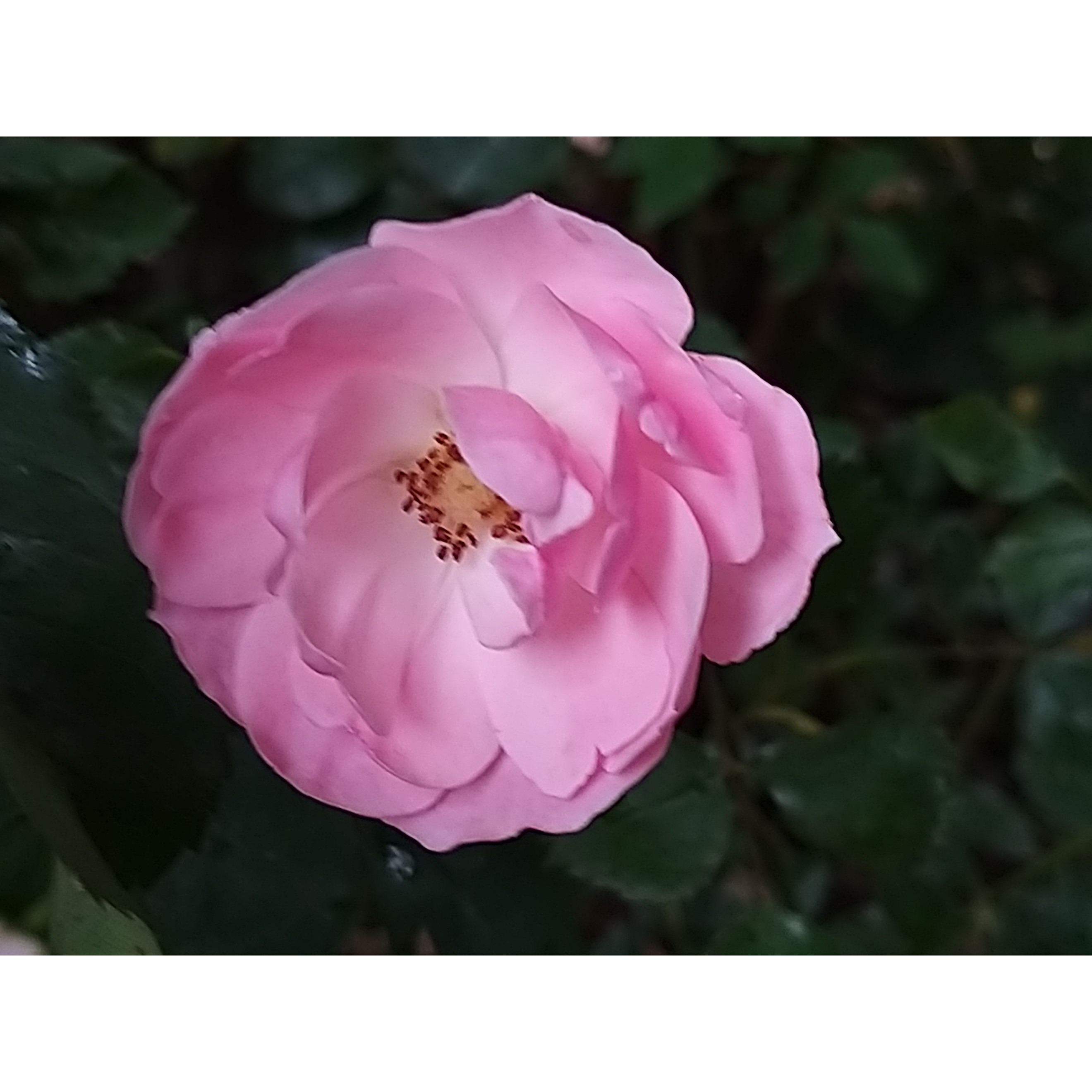
Thierry P.

May flowering - image 6
Thierry P. • 84 FR
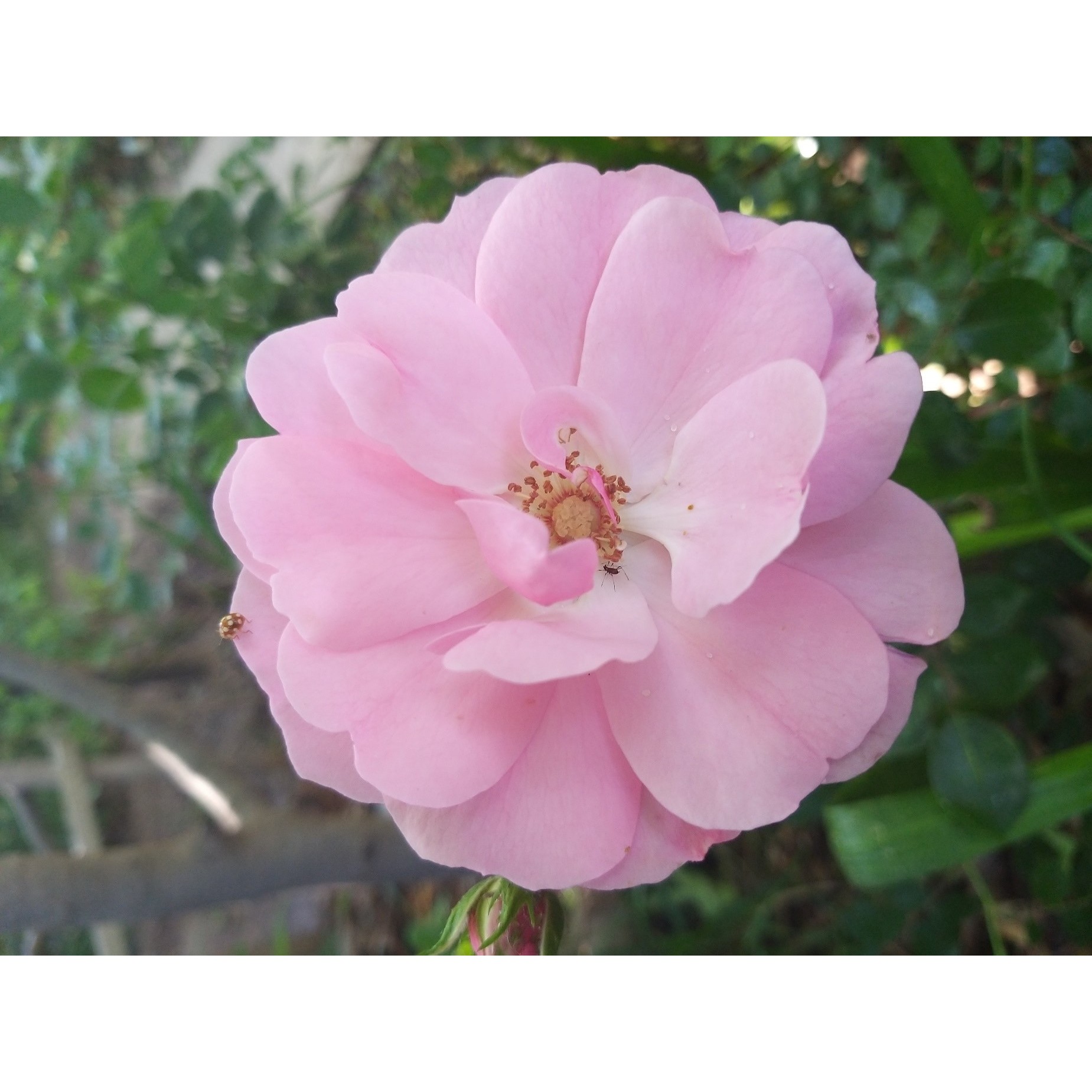
Thierry P.

May flowering - image 4
Thierry P. • 84 FR
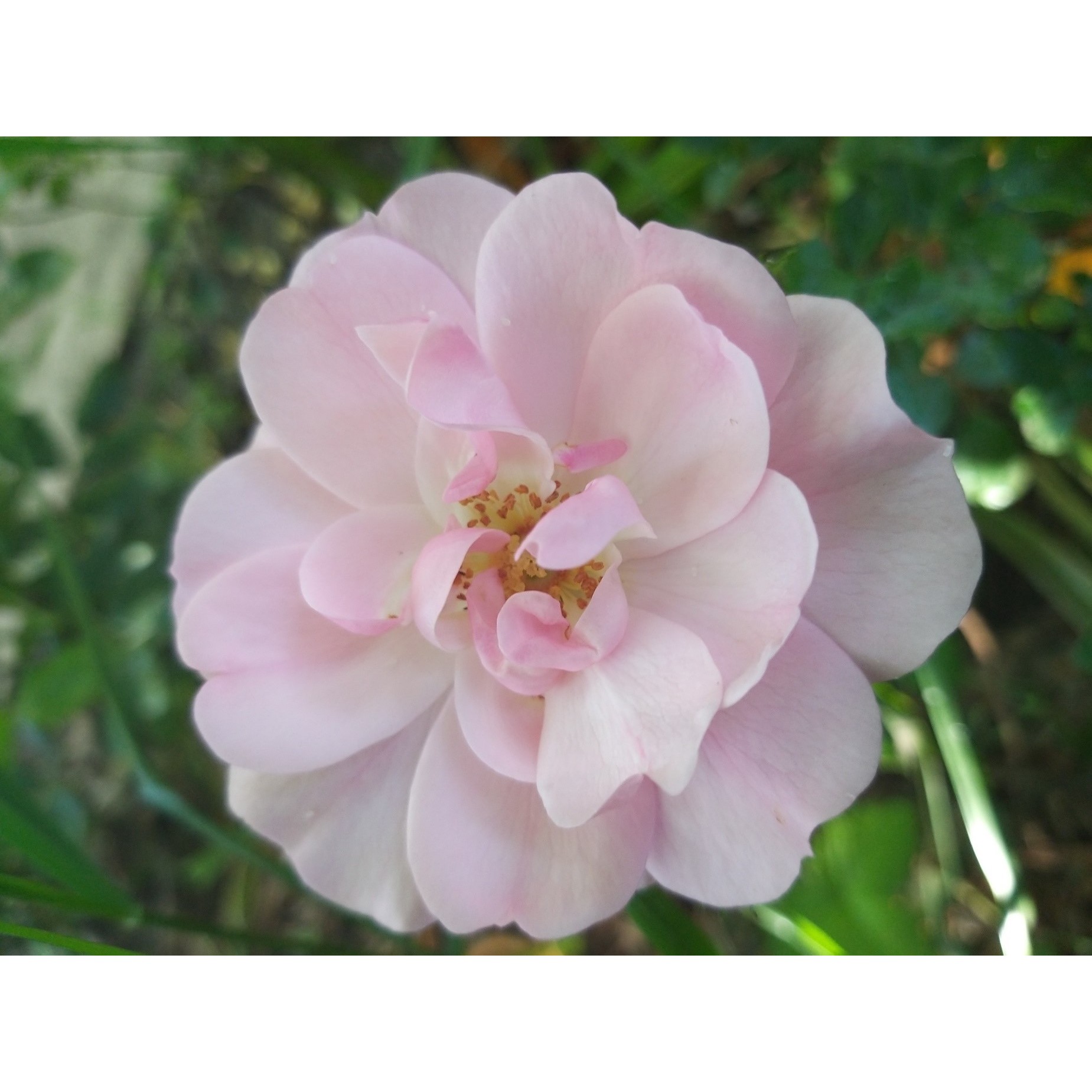
Thierry P.

May flowering - image 3
Thierry P. • 84 FR
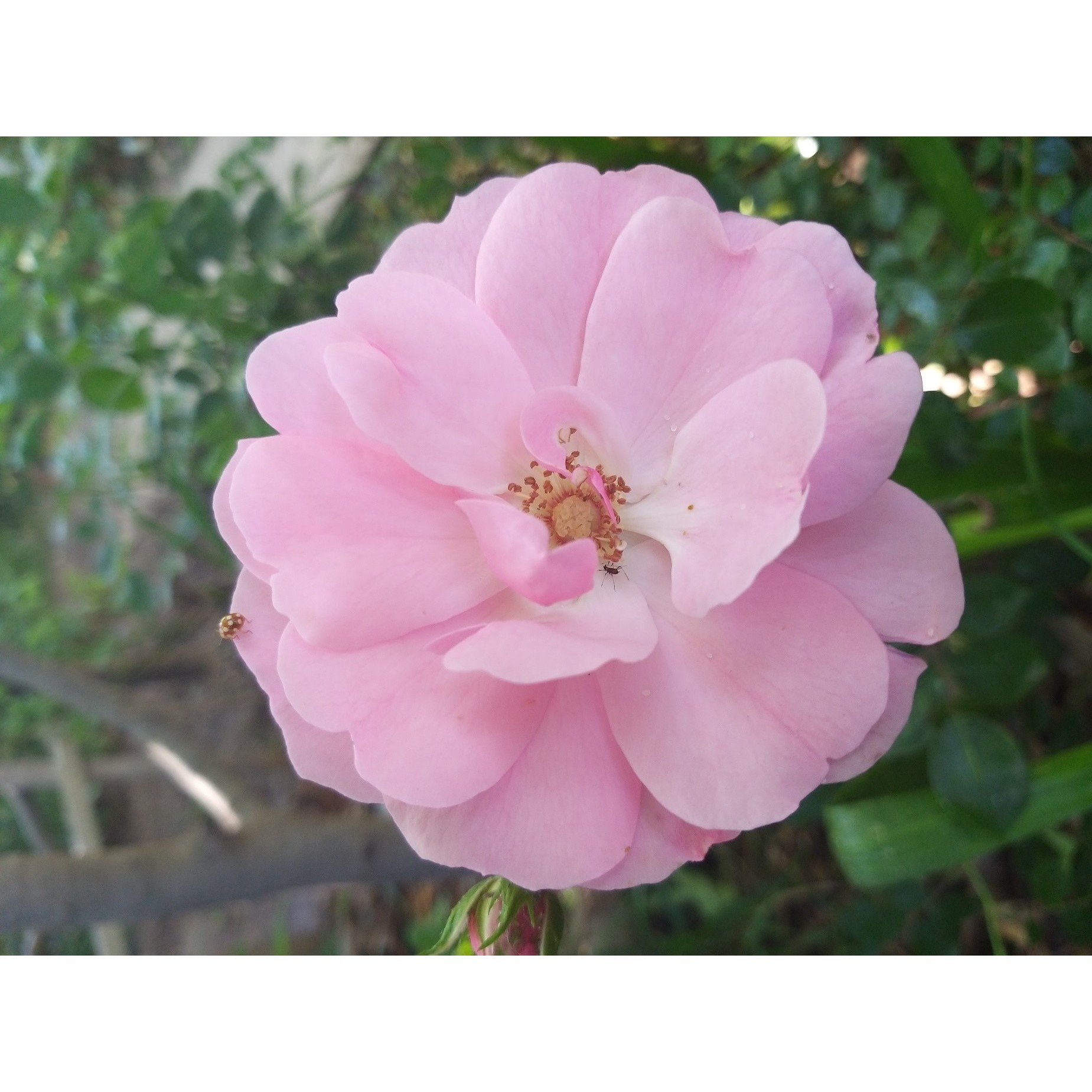
Thierry P.

May flowering - image 4
Thierry P. • 84 FR
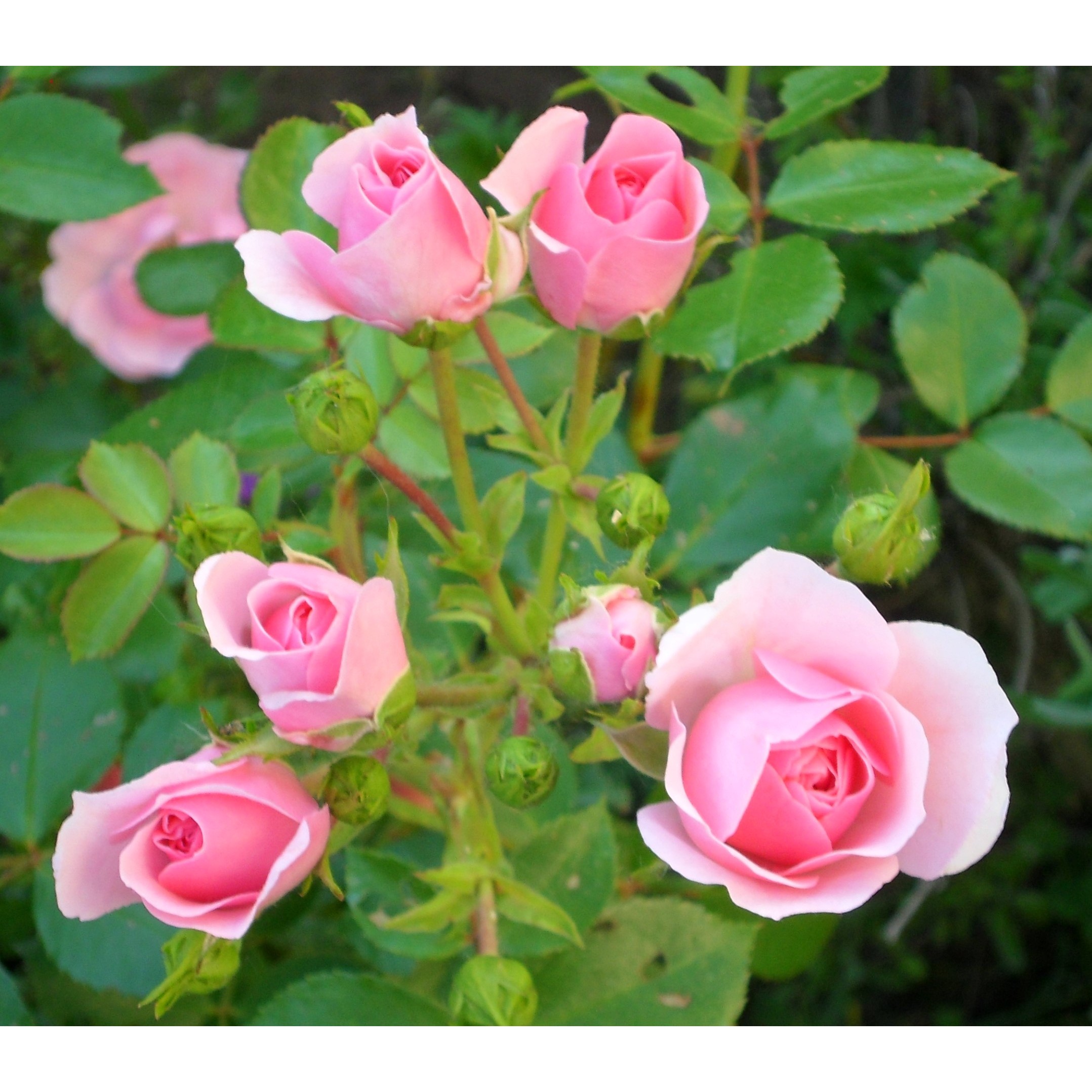
Christine D.

No text to translate.
Christine D. • 21 FR
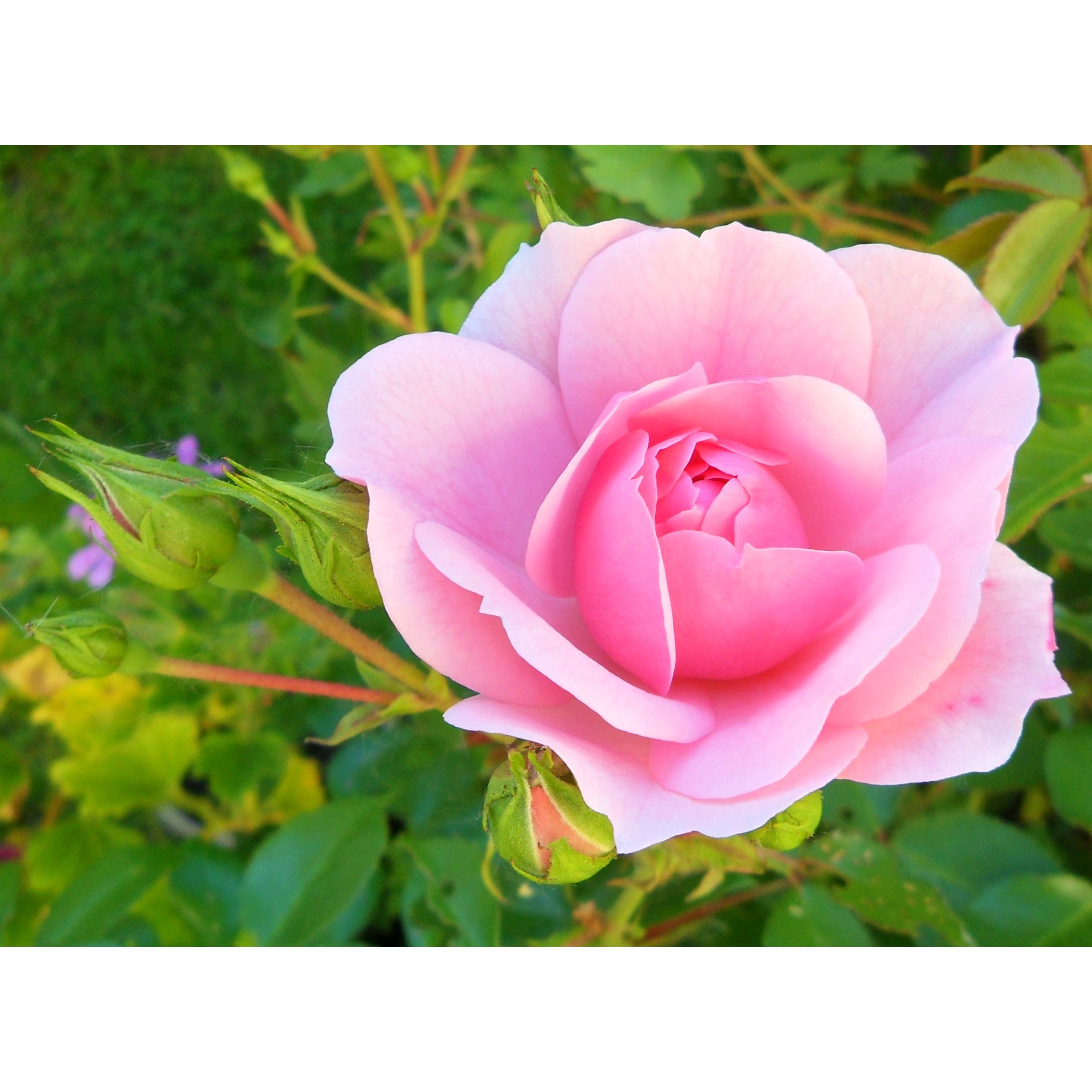
Christine D.

No text to translate, therefore no action required.
Christine D. • 21 FR
Rosa Bonica
Rosa x polyantha Bonica® 'Meidomonac'
Polyantha Rose
Mine died quickly! I do not recommend this rose bush.
Jenny, 20/01/2026
Special offer!
Receive a €20 voucher for any order over €90 (excluding delivery costs, credit notes, and plastic-free options)!
1- Add your favorite plants to your cart.
2- Once you have reached €90, confirm your order (you can even choose the delivery date!).
3- As soon as your order is shipped, you will receive an email containing your voucher code, valid for 3 months (90 days).
Your voucher is unique and can only be used once, for any order with a minimum value of €20, excluding delivery costs.
Can be combined with other current offers, non-divisible and non-refundable.
Home or relay delivery (depending on size and destination)
Schedule delivery date,
and select date in basket
This plant carries a 6 months recovery warranty
More information
We guarantee the quality of our plants for a full growing cycle, and will replace at our expense any plant that fails to recover under normal climatic and planting conditions.


Description
The 'Bonica' Rose is one of Meilland's most beautiful creations, it is a landscape rose that can withstand anything but remains little known to amateur gardeners despite its many qualities. This disease-resistant bush can withstand harsh winters and hot summers, delivering a long and wonderful flowering period, romantically beautiful, that only ends with the first frost: its vegetation almost disappears under bunches of small flowers in a delicate pink, opening in the old-fashioned way and rivaling the beauty of Japanese cherry blossoms. This living bouquet deserves a small place in a flower bed, at the corner of a path, in a low hedge, on a slope. or anywhere. In the countryside or in the city, it will not disappoint!
The Rosa 'Bonica', sometimes marketed as 'Demon', belongs to the group of polyantha roses: its flowers, gathered in terminal clusters, come from the polyantha rose, an ancient hybrid derived from Rosa multiflora and Rosa chinensis. It was introduced in 1982 by Meilland, following the hybridisation carried out by Jacques Mouchotte in 1981. Mouchotte used the offspring of the cross between Rosa sempervirens and the rose 'Mademoiselle Marthe Carron', which he then crossed with the variety 'Picasso'. Among the many distinctions this variety has won, we can mention the ADR label in 1982, the American AARS in 1986, and the title of 'World's Favorite Rose' awarded by the WFRS Convention in 2003.
'Bonica' has a flexible, compact, and well-branched bushy habit. Its growth is rapid, reaching an average height of 80 cm (32in) with a spread of 60-70 cm (24-28in). If pruned short, this bush behaves like a small polyantha rose. Its flowering is abundant and continuous from June until the first frost. Its flowers are gathered in small clusters. They are double, delicately campanulate when they bloom, then open into wide rosettes measuring 5-6 cm (2in). They open from candy pink buds and unfold in a charming gradient of pink, eventually turning white-pink. A pearly pink colour that withstands rain and sun despite its delicacy. The scent of the roses is light but present near the bush due to their abundance. The fruiting, in the form of red-orange hips, is quite decorative.
The 'Bonica' rose adapts to all soils that are not too dry and all temperate climates, making it a welcome addition from the north to the south of our continent. It can be planted in groups of 3 plants, arranged in a triangle, or as a standalone on a lawn. It will work wonders when planted en masse along pathways or to highlight shrub borders. It will blend perfectly into beds of light or opulent perennials. For example, it can be associated with perennial geraniums, bellflowers, catmints, snapdragons, or stachys. Left to grow freely, its slightly blurred habit will be delightfully romantic in front of a flower bed composed of abelias, kolkwitzia, lilacs, or mock oranges. It will cheerfully fill a large pot on the terrace, balcony, or a flower-filled basin.
Obtained by J Mouchotte (France) 1981.
The ADR is the label of the German Rose Breeders Association. The ADR designation is only given to varieties that have passed the strictest tests in the world. The plants are tested simultaneously at 10 different locations, in various soil and climate conditions for several years. The tests focus on hardiness, perennial nature, and flowering without the use of any pesticides.
Report an error about the product description
Rosa Bonica in pictures


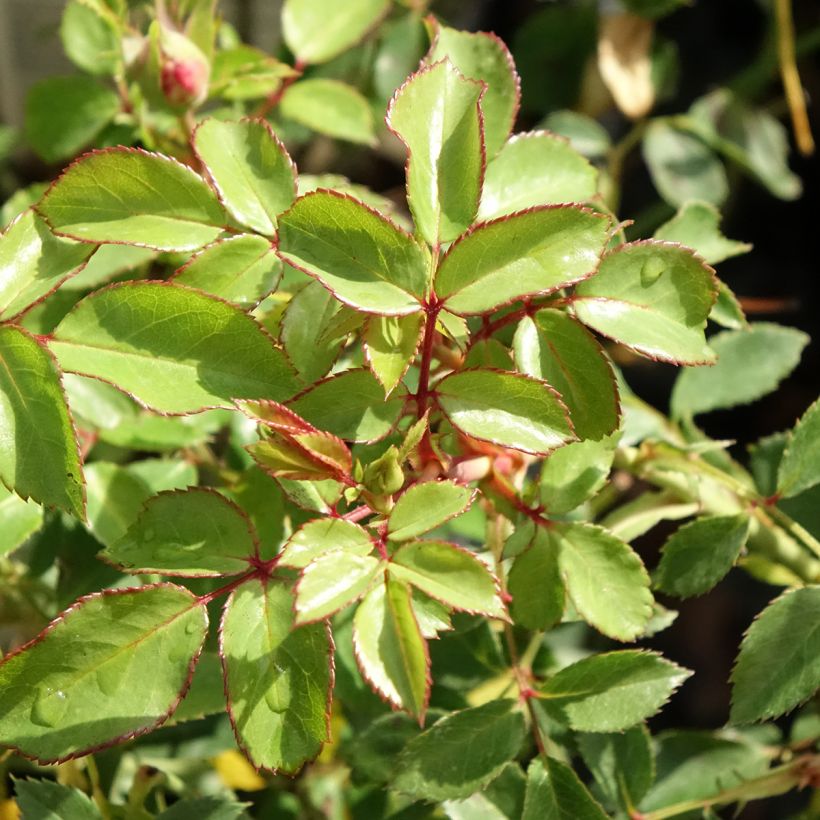

Plant habit
Flowering
Foliage
Botanical data
Rosa
x polyantha
Bonica® 'Meidomonac'
Rosaceae
Polyantha Rose
Cultivar or hybrid
Rosa canina Laxa (3L/4L pot, Wrapped bare root)
Planting and care
To install your 'Bonica' rose, work the soil to a depth of 25 cm (10in), crumbling the soil well and adding a base amendment such as dried blood or dehydrated horn at the bottom of the planting hole. Position your plant, free from its pot, covering the top of the root ball with 3 cm (1in) of soil. Fill in and water generously to eliminate any air pockets. In dry weather, it is necessary to water regularly for a few weeks to facilitate rooting. Also remember to provide your rose with special rose fertiliser to stimulate flowering.
Planting period
Intended location
Care
-
, onOrder confirmed
Reply from on Promesse de fleurs
Similar products
Haven't found what you were looking for?
Hardiness is the lowest winter temperature a plant can endure without suffering serious damage or even dying. However, hardiness is affected by location (a sheltered area, such as a patio), protection (winter cover) and soil type (hardiness is improved by well-drained soil).

Photo Sharing Terms & Conditions
In order to encourage gardeners to interact and share their experiences, Promesse de fleurs offers various media enabling content to be uploaded onto its Site - in particular via the ‘Photo sharing’ module.
The User agrees to refrain from:
- Posting any content that is illegal, prejudicial, insulting, racist, inciteful to hatred, revisionist, contrary to public decency, that infringes on privacy or on the privacy rights of third parties, in particular the publicity rights of persons and goods, intellectual property rights, or the right to privacy.
- Submitting content on behalf of a third party;
- Impersonate the identity of a third party and/or publish any personal information about a third party;
In general, the User undertakes to refrain from any unethical behaviour.
All Content (in particular text, comments, files, images, photos, videos, creative works, etc.), which may be subject to property or intellectual property rights, image or other private rights, shall remain the property of the User, subject to the limited rights granted by the terms of the licence granted by Promesse de fleurs as stated below. Users are at liberty to publish or not to publish such Content on the Site, notably via the ‘Photo Sharing’ facility, and accept that this Content shall be made public and freely accessible, notably on the Internet.
Users further acknowledge, undertake to have ,and guarantee that they hold all necessary rights and permissions to publish such material on the Site, in particular with regard to the legislation in force pertaining to any privacy, property, intellectual property, image, or contractual rights, or rights of any other nature. By publishing such Content on the Site, Users acknowledge accepting full liability as publishers of the Content within the meaning of the law, and grant Promesse de fleurs, free of charge, an inclusive, worldwide licence for the said Content for the entire duration of its publication, including all reproduction, representation, up/downloading, displaying, performing, transmission, and storage rights.
Users also grant permission for their name to be linked to the Content and accept that this link may not always be made available.
By engaging in posting material, Users consent to their Content becoming automatically accessible on the Internet, in particular on other sites and/or blogs and/or web pages of the Promesse de fleurs site, including in particular social pages and the Promesse de fleurs catalogue.
Users may secure the removal of entrusted content free of charge by issuing a simple request via our contact form.
The flowering period indicated on our website applies to countries and regions located in USDA zone 8 (France, the United Kingdom, Ireland, the Netherlands, etc.)
It will vary according to where you live:
- In zones 9 to 10 (Italy, Spain, Greece, etc.), flowering will occur about 2 to 4 weeks earlier.
- In zones 6 to 7 (Germany, Poland, Slovenia, and lower mountainous regions), flowering will be delayed by 2 to 3 weeks.
- In zone 5 (Central Europe, Scandinavia), blooming will be delayed by 3 to 5 weeks.
In temperate climates, pruning of spring-flowering shrubs (forsythia, spireas, etc.) should be done just after flowering.
Pruning of summer-flowering shrubs (Indian Lilac, Perovskia, etc.) can be done in winter or spring.
In cold regions as well as with frost-sensitive plants, avoid pruning too early when severe frosts may still occur.
The planting period indicated on our website applies to countries and regions located in USDA zone 8 (France, United Kingdom, Ireland, Netherlands).
It will vary according to where you live:
- In Mediterranean zones (Marseille, Madrid, Milan, etc.), autumn and winter are the best planting periods.
- In continental zones (Strasbourg, Munich, Vienna, etc.), delay planting by 2 to 3 weeks in spring and bring it forward by 2 to 4 weeks in autumn.
- In mountainous regions (the Alps, Pyrenees, Carpathians, etc.), it is best to plant in late spring (May-June) or late summer (August-September).
The harvesting period indicated on our website applies to countries and regions in USDA zone 8 (France, England, Ireland, the Netherlands).
In colder areas (Scandinavia, Poland, Austria...) fruit and vegetable harvests are likely to be delayed by 3-4 weeks.
In warmer areas (Italy, Spain, Greece, etc.), harvesting will probably take place earlier, depending on weather conditions.
The sowing periods indicated on our website apply to countries and regions within USDA Zone 8 (France, UK, Ireland, Netherlands).
In colder areas (Scandinavia, Poland, Austria...), delay any outdoor sowing by 3-4 weeks, or sow under glass.
In warmer climes (Italy, Spain, Greece, etc.), bring outdoor sowing forward by a few weeks.































